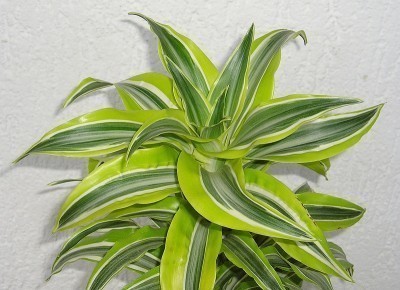






Newer, energy-efficient homes are great for saving money on utility bills, but they’re also more airtight than homes built in past years. For people who suffer from allergies due to pollen and other indoor pollutants, this means more sneezing and watery eyes indoors. You can get relief from this problem by growing certain houseplants that collect pollen and pollutants in their leaves, helping to clean the air in your home.
Houseplants for allergy relief generally have larger leaves and make an attractive statement in your home. Most take very little care, and some low allergy houseplants even remove dangerous chemicals, such as formaldehyde, from the air.
Houseplants for allergy sufferers have two advantages: some of them clean the air and none of them produce excess pollen to make allergies worse. Like all plants though, these varieties have the potential for making allergies worse if they’re not cared for correctly.
Every plant can be a dust catcher if you put it in a corner or on a shelf and never do anything but water it now and then. Wipe down the plant leaves with a damp paper towel once a week or so to prevent dust buildup.
Only water the soil in houseplants for allergies when the surface and first inch below become dry. Excess water leads to the soil being constantly damp, and this can be the perfect environment for mold to grow.
Once you realize that having plants in your home can actually be a good thing, the question remains: Which houseplants relieve allergies the best? NASA conducted a Clean Air Study to determine which plants would work well in closed environments such as Mars and Lunar bases. The top plants they recommend include the following:
One plant you should know about if you are allergic to latex is the fig. Fig tree leaves give off a sap that includes latex in its chemical makeup. For latex allergy sufferers, this is the last plant you want to have in your home.
Copyright © www.100flowers.win Botanic Garden All Rights Reserved